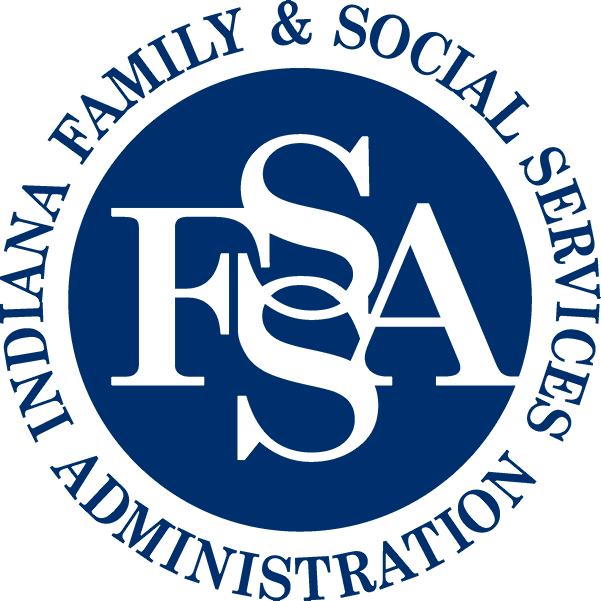Indiana's Family and Social Services Administration Division of Mental Health and Addiction and the Center for Survey Research at Indiana University are reaching out to people who receive support through the BPHC and AMHH programs. A CSR interviewer will call to ask you some questions about what has been good and what could be better. DMHA wants to hear from you so they can provide the best services possible.
To learn more about the study, please see CAHPS Home- and Community-Based Services Survey | Medicaid. Please send questions to DMHAAdultHCBS-fssa@state.in.us.
If you or someone you know is currently experiencing thoughts of suicide, or a mental health or substance use crisis, please call 988 to reach the Suicide & Crisis Lifeline and speak with a trained crisis specialist 24/7.
Feeling overwhelmed, stressed, anxious, or alone? Whatever you are feeling is OK and it can help to connect to others. Free, confidential support is available. Call 211 (or 866-211-9966) to speak with a trained counselor 24/7.
On June 1, 2014, the Indiana FSSA changed the way individuals are determined eligible for coverage under the aged, blind, and disabled Medicaid aid categories. Referencing the section numbers of the Social Security Act, Indiana transitioned from a “209(b)” state to a “1634” state.
As an agency in a 1634 state, the Indiana Health Coverage Programs began accepting all Social Security Administration determinations of disability under the Social Security Disability Insurance program and automatically enrolling individuals determined eligible for Supplemental Security Income benefits by the SSA. This change eliminated the arduous and duplicative requirement that aged, blind and disabled applicants who receive SSI also complete a second application with the IHCP. Also, neither SSI nor SSDI recipients now need to go through the State’s Medical Review Team process to be determined disabled and eligible for IHCP coverage.
With the 1634 transition:
- Individuals receiving SSI benefits are enrolled in Medicaid automatically.
- The state accepts SSA determinations of disability.
- Individuals with incomes of up to 100% of the federal poverty level who are aged, blind, or disabled are transitioned from spend-down to full Medicaid eligibility.
- The spend-down provision is discontinued.
- The income thresholds for the Medicare Savings Program, which provides Medicare cost-sharing assistance, are increased.
The programs included under the 1915(i) State Plan are Adult Mental Health Habilitation and Behavioral and Primary Healthcare Coordination. Also, on March 17, 2014, Centers for Medicaid and Medicare Services implemented the Home- and Community-Based Services Final Settings Rule. Please refer to the links below for additional information for each program.
